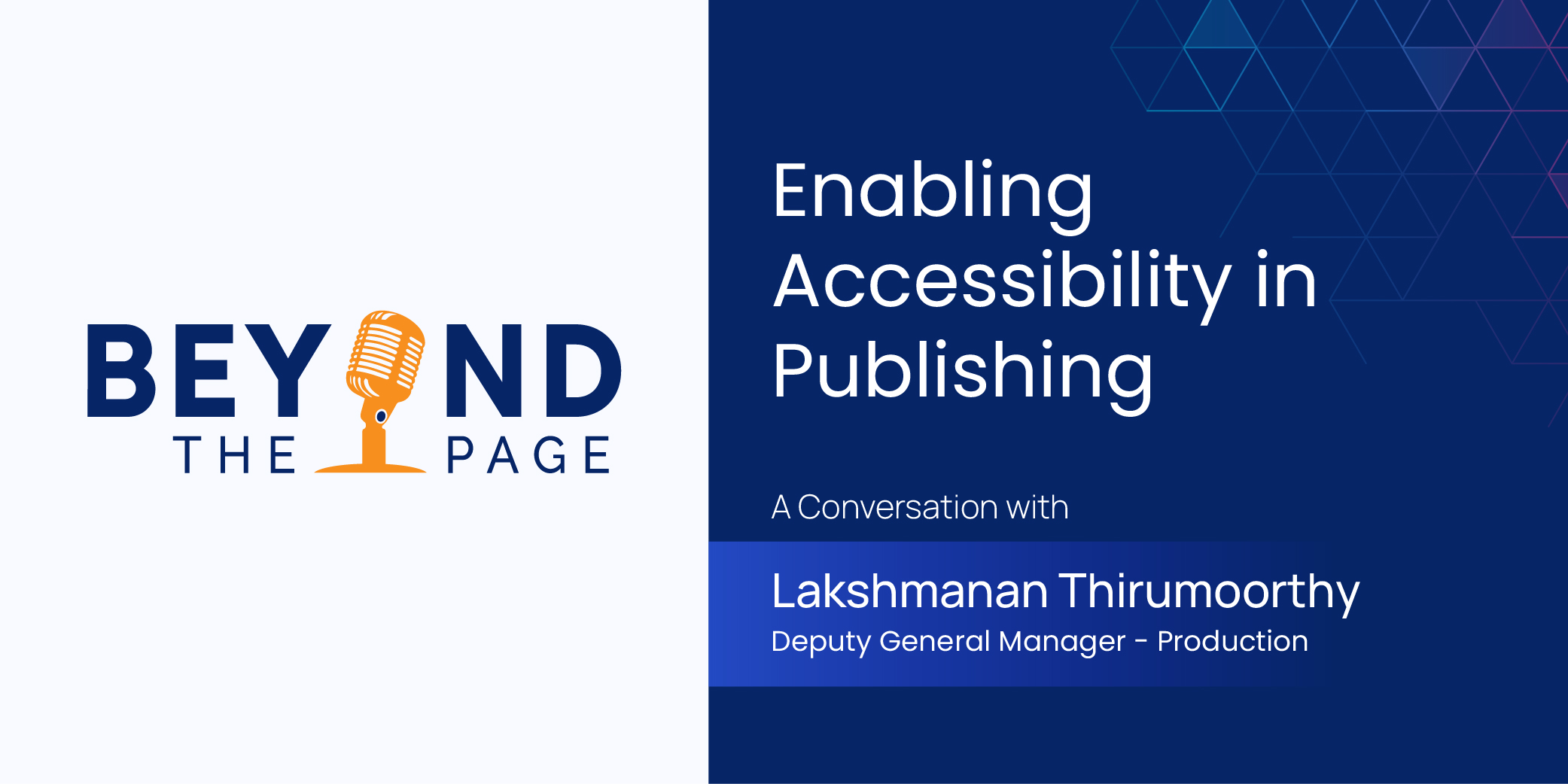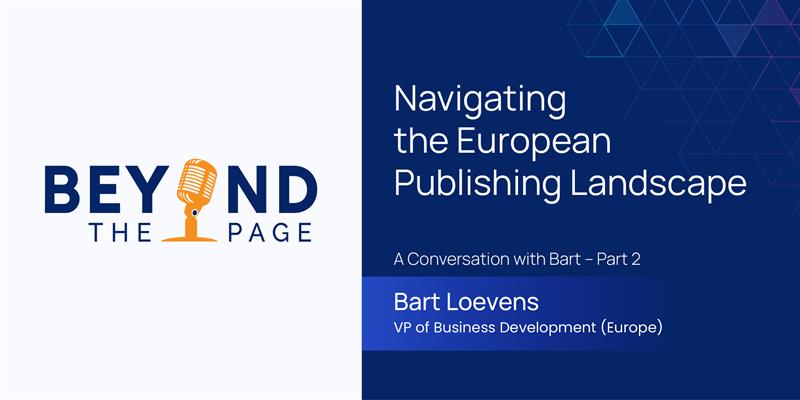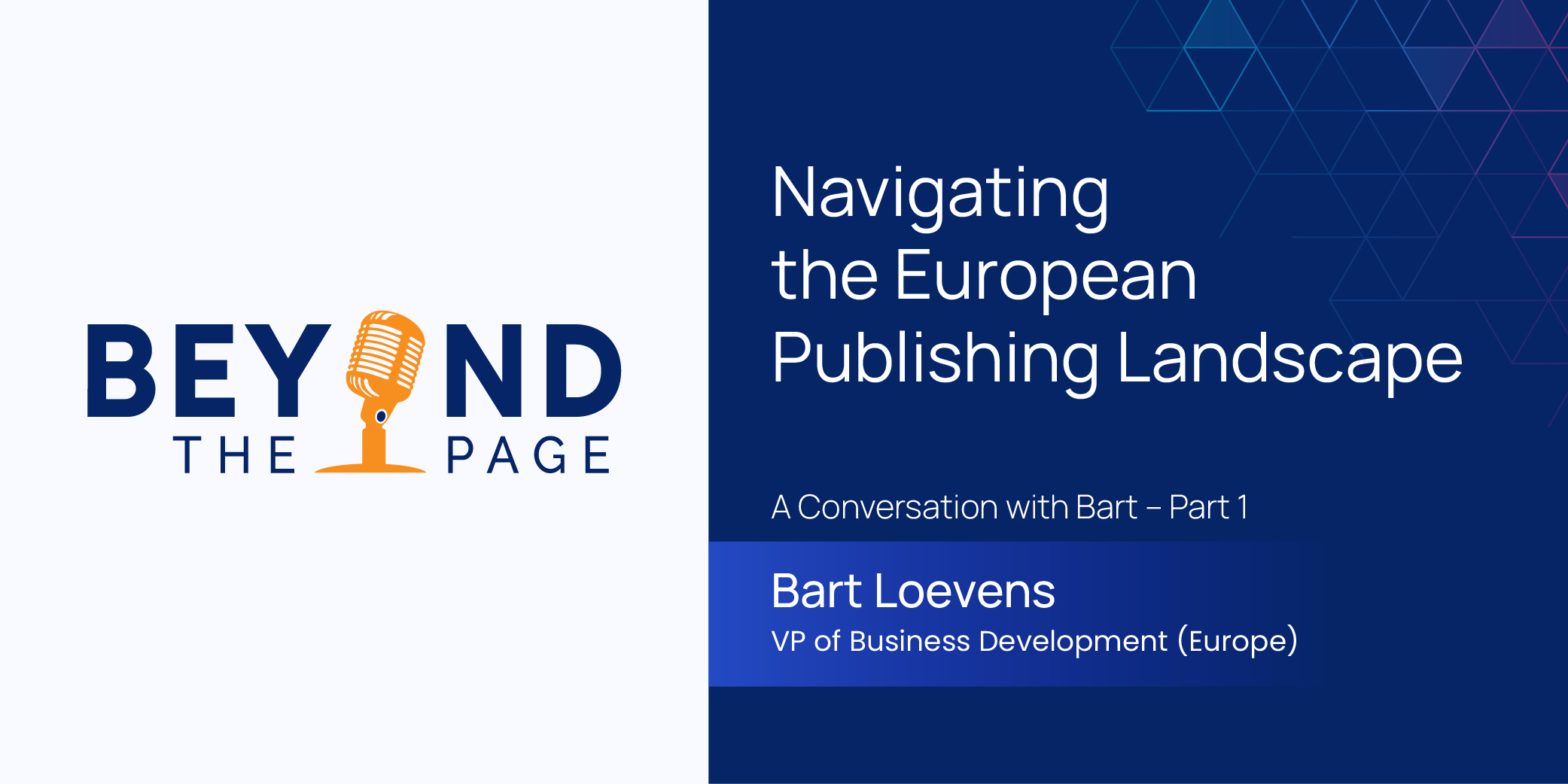The Future of Academic Publishing: AI-driven Language Assessment

The academic publishing landscape is undergoing a significant transformation, driven by technological advancements. One area ripe for disruption is language assessment, the vital step of ensuring manuscripts meet the high standards of clarity, accuracy, and academic rigor. This blog explores the challenges faced in traditional language assessment, the revolutionary potential of AI-driven solutions, and how this technology is shaping the future of scholarly communication.
Current Challenges in Language Assessment
Academic publications are the cornerstone of knowledge dissemination and scholarly debate. However, the peer-review process, often burdened by time constraints, struggles to ensure consistent language quality. Traditional editing and proofreading, while essential, have limitations. Human editors can miss inconsistencies, struggle to maintain perfect consistency across lengthy manuscripts, and may lack subject-specific expertise for nuanced terminology checks.
The Need for Advanced Language Assessment
Error-free and well-written manuscripts are critical for academic credibility. Clarity of expression ensures research findings are understood and interpreted accurately. Grammatical and factual errors can erode the trust in a study’s validity and hinder its impact. Advanced language assessment tools are needed to elevate the overall quality and professionalism of academic publications.
AI-driven Language Assessment: A Game Changer
Emerging AI-powered solutions are transforming the field of language assessment. These tools utilize sophisticated algorithms trained on vast datasets of academic texts. This enables them to perform comprehensive and in-depth analysis at a level exceeding traditional methods. Tools like Integra’s iNLP platform, for example, utilize sophisticated algorithms trained on vast datasets of academic texts. This enables them to perform comprehensive and in-depth analysis at a level exceeding traditional methods.
Key Features of AI-driven Language Assessment Tools
- Granular Accuracy Checks: AI goes beyond basic grammar and punctuation. It can identify stylistic inconsistencies, ensuring the manuscript adheres to academic tone and clarity.
- Discipline-Specific Scrutiny: AI tools can be customized to specific academic fields, identifying and flagging terminology inconsistencies or formatting deviations unique to a particular discipline.
- Consistency and Efficiency: AI analyzes entire manuscripts for consistency in terminology, sentence structure, and style, a tedious and time-consuming task for human editors.
Customization and Integration
The most valuable AI tools are adaptable. They should be customizable to fit the specific style guides and publishing requirements of individual journals or academic institutions. Moreover, seamless integration with existing publishing workflows is crucial to maximize efficiency without disrupting established processes.
A Case in Streamlined Publishing:
Let’s consider the case study of a prominent British multinational publisher dedicated to accelerating research dissemination. To expedite the publication process for their diverse portfolio of scholarly journals, they sought an NLP-based solution. This AI-powered language assessment tool streamlined manuscript production across various disciplines.
The AI tool efficiently identified and flagged potential language inconsistencies, allowing editors to focus on in-depth analysis and author support. This resulted in a significant reduction in processing time for manuscripts without compromising quality. Consequently, the publisher achieved their goal of faster publication timelines for accepted journals, ensuring research findings reached the academic community sooner.
Ethical Considerations and Transparency
As with any AI application, ethical considerations remain paramount. Bias prevention in the underlying algorithms is crucial. Transparency in the functionalities and limitations of AI tools fosters trust among authors and editors.
The Future is Here:
AI-driven language assessment is not a futuristic fantasy; it’s a present reality. Future advancements in AI hold the potential to further bridge the gap between authors and publishers. Imagine intelligent tools offering author-specific suggestions for improvement or real-time feedback on language usage. This opens doors to a new era of collaboration and efficiency within the academic publishing sphere.
Conclusion
AI-driven language assessment offers a transformative path for academic publishing. By embracing this technological advancement, we can ensure the highest quality of scholarly discourse and pave the way for the seamless dissemination of knowledge across disciplines. Let’s leverage the power of AI to elevate academic communication to new heights of clarity, accuracy, and impact.
Ready to experience the future of academic language assessment? Integra’s iNLP platform can empower your publishing journey with unparalleled efficiency and accuracy.
Connect with our team today to learn more about how iNLP can streamline your workflow and elevate the quality of your scholarly publications.
News & Insights

Enabling Accessibility in Scholarly Publishing – A Conversation with Lakshmanan Thirumoorthy

Navigating the European Publishing Landscape – A Conversation with Bart – Part 2

